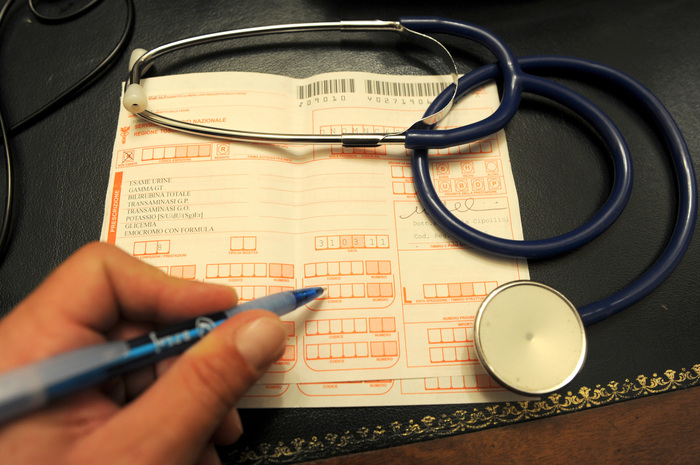We will still have to wait to be able to access the new essential levels of assistance (Lea), i.e. the services guaranteed by the National Health Service to citizens free of charge or with the payment of a copay. The nomenclature that defines the rates of specialist outpatient and prosthetic care, which was supposed to come into force from April 1st, will in all likelihood be postponed, as indicated by the Minister of Health Orazio Schillaci himself. This means that the updated version of the LEAs, approved in 2017, will not yet be available to citizens.
The tariff was scheduled to come into force as early as January 1, 2024, but was postponed to April 1. Now, a further postponement appears to be on the horizon. Schillaci, in recent days, has in fact explained that he was thinking about this point: “I believe that we will postpone in agreement with the regions”, he specified. The crux is the expected cuts to the rates of some services, and therefore the consequent lower reimbursements that would thus be guaranteed to the healthcare facilities that provide them. A scenario that has sparked heated protest from various private structures affiliated with the Health Service, such as the Religious Association of Social and Health Institutes (Aris), and analysis laboratories. The remodulation of tariffs, Aris clarifies, provides for cuts in reimbursements for structures of 30-40% for many services, including important tests such as mammograms, colonoscopies and cardiological visits. The risk, the association denounces, is that the structures will not hold up: “Under these conditions, at least 50% of outpatient services in a year would no longer be guaranteed.” The danger, warns the Snabilp Federbiologi union, is also “the loss of hundreds of thousands of jobs”.
Hence the more than probable postponement for a revaluation of tariffs, to “in some cases have tariffs that are more adequate to today’s reality”, said the minister. At the moment, therefore, the LEAs available are those dating back to 2001 and only a few regions have decided to guarantee some of the services of the LEAs updated to 2017 by drawing on their own funds. Waiting any longer is, therefore, a prospect harshly contested by patient and citizen associations. Cittadinanzattiva asks that the Tariff decree come into force, as expected, from 1 April: “Citizens’ rights do not deserve further extensions, but a guarantee of enforceability throughout the territory”. On this point Cittadinanzattiva, with over 90 patient associations, wrote to the minister. Among the services included in the 2017 LEAs that a new extension would make uncollectable, he explains, there would be, for example, medically assisted procreation services, the diagnosis and monitoring of celiac disease, neonatal screening for some pathologies, IT and communication aids for the disabled , advanced aids for motor disabilities. While the 2017 Lea is still awaited, the associations also point out the urgency of completing the establishment of the Lea Commission so as to provide, with a new decree, a path that further updates the Lea and the respective tariffs, also to allow the citizens access to additional and long-awaited services, such as Ngs tests for tumor gene mutations, the treatment of fibromyalgia, the extension of neonatal screening to other pathologies such as SMA, and non-invasive prenatal testing.
There are 2,108 services guaranteed with the new LEAs, compared to 1,702 with the previous version, and the expected expenditure is 402 million euros. Numerous new diagnostic and therapeutic procedures have been introduced, such as hadrontherapy, a new type of absolutely innovative radiotherapy that uses carbon ions or protons to treat some tumors. And again: for motor rehabilitation, new high-tech robotic assistance devices are planned and many innovations also concern prosthetic assistance with, among other things, advanced technology artificial limbs and voice recognition and eye pointing systems.
breaking latest news © Copyright ANSA
